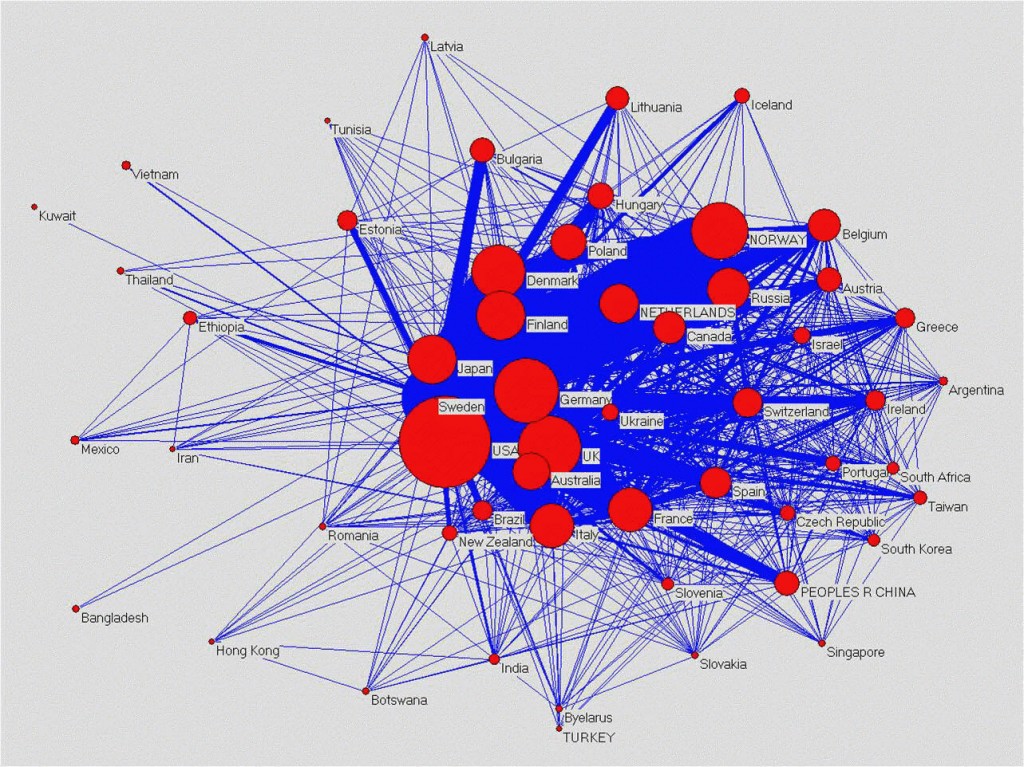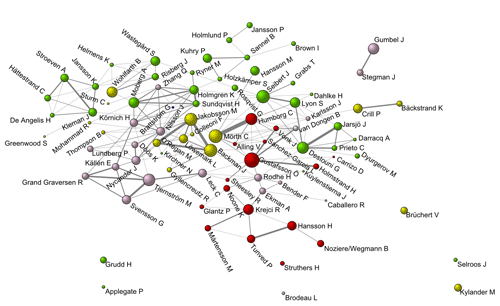 Back in 2008, after the dust was settling from the REF 2008 submission, HEFCE initiated a series of exercises to investigate whether bibliometric indicators of research quality (such as citation counts) could be used as part of the assessment for REF 2014. BU was one of 22 institutions that took part in the bibliometrics pilot, the result of which was that HEFCE concluded that citation information was not sufficiently robust enough to be used formulaically or as a primary indicator of quality but that there might be scope for it to inform and enhance processes of expert review in some disciplines. The REF 2014 guidelines stated that citation data would be provided for outputs submitted to all sub-panels in Main Panel A and some sub-panels in Main Panel B.
Back in 2008, after the dust was settling from the REF 2008 submission, HEFCE initiated a series of exercises to investigate whether bibliometric indicators of research quality (such as citation counts) could be used as part of the assessment for REF 2014. BU was one of 22 institutions that took part in the bibliometrics pilot, the result of which was that HEFCE concluded that citation information was not sufficiently robust enough to be used formulaically or as a primary indicator of quality but that there might be scope for it to inform and enhance processes of expert review in some disciplines. The REF 2014 guidelines stated that citation data would be provided for outputs submitted to all sub-panels in Main Panel A and some sub-panels in Main Panel B.
In April 2014, the Minister for Universities and Science asked HEFCE to undertake a fresh review of the role of metrics in determining quality, impact and other key characteristics of research undertaken in the HE sector. The review is being chaired by Professor James Wilsdon, Professor of Science and Democracy at the Science Policy Institute, University of Sussex.
HEFCE have launched a sector-wide call for evidence about research metrics and BU will be making an institutional response. BU colleagues are therefore invited to send feedback to me so that it can be considered as part of BU’s response. Colleagues are also invited to send individual responses to HEFCE.

Thinking back to 2008-09, I remember research metrics being an emotive subject and many researchers, both at BU and across the sector, were extremely skeptical of their use in research assessment. Although bibliometrics have moved on a long way since then I think that there will still be concern as to whether metrics are robust enough to be used formulaically, particularly in the arts, humanities and social sciences.
HEFCE have asked that responses focus on the following issues:
1. Identifying useful metrics for research assessment.
2. How should metrics be used in research assessment?
3. ‘Gaming’ and strategic use of metrics.
4. International perspective.
Further information about the call for evidence is available here: http://www.hefce.ac.uk/whatwedo/rsrch/howfundr/metrics/
It is anticipated that the outcome of the review will inform the framework for the next REF assessment so it is vitally important that HEFCE receive a high quality and quantity of feedback from all disciplines.
If you would like to contribute to the BU institutional response, please add your comments to this response form and email it to me (jnortham@bournemouth.ac.uk) by Friday 30th May.











 Upcoming opportunities for PGRs – collaborate externally
Upcoming opportunities for PGRs – collaborate externally BU involved in new MRF dissemination grant
BU involved in new MRF dissemination grant New COVID-19 publication
New COVID-19 publication MSCA Postdoctoral Fellowships 2024
MSCA Postdoctoral Fellowships 2024 Horizon Europe News – December 2023
Horizon Europe News – December 2023